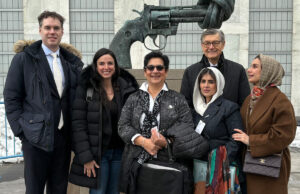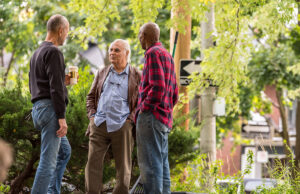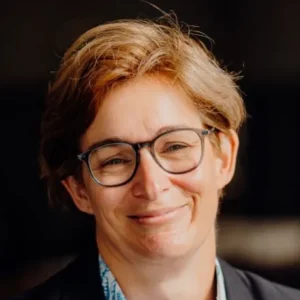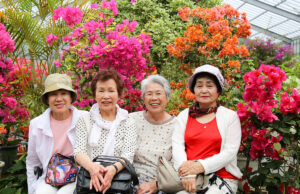Interview with Marcus Riley, Former Global Ageing Network Board Chair
Marcus, you served as the chair of the Global Ageing Network for two years. Can you tell us something about your motivation to be part of the board and your aims when you began your turn?
I have long held the passion and belief of value and need for international collaboration on ageing. I see the opportunity for each of us to learn from individuals and organisations from other regions of the world – and indeed their cultures. This belief underpinned both my motivation to be involved and objectives for the Board and organisation upon becoming Chair. From my initial involvement as a board member, I was impressed and inspired by the goodwill, knowledge, and passion among the group and knew immediately that my time with Global Ageing would be an opportunity to further my passion and impact and help drive the passion of others. My key objective was to help the Global Ageing Network pursue its potential to have a positive influence worldwide.
You presided over a body with its members living all across the globe. What kind of challenges can this pose?
It can provide challenges in connecting those involved. Different time zones and different resources can be areas of challenge, however, these challenges are insignificant compared to the wonderful opportunities. The challenges can also become a motivator for change. The challenges are clearly outweighed by the ability to share knowledge, ideas, and connections worldwide.
The success of an organisation like Global Ageing is not easy to measure. Can you tell us something about the tangible outcomes for our members?
The members of Global Ageing have access to information, exposure to innovation, connections with other leaders and organisations. This information and access shared amongst members should never be underestimated. The sharing of knowledge helps each to survive and strive. This global connection allows a platform to showcase each member’s success stories which may then work to inspire others. The Geographic reach and depth of the network allow professional development opportunities e.g. leadership institute, global events, study tours. It also allows interaction and access to key forums on ageing, innovation, health and important topics.
You represented the field of ageing at the United Nations. What kind of impression did you take home? Is the world preparing for the changes in demography?
Many inspiring individuals and organisations are involved in the ageing field and we see similar issues shared across the globe but the impact – in form and extent – of these issues differs across regions and cultures. The challenges of residential-based care for example in the United States are different and vary from the challenges in parts of Europe. If we take elder abuse, yes it exists in Australia, however, the form of abuse may be different to what is being experienced in parts of Africa.
Considering societal ageing is a megatrend that is making a global impact, I believe a more cohesive and consistent strategy is needed internationally. Fantastic examples exist of the fostering of successful ageing with different cultures providing new learnings however across all cultures and countries we need to ensure our policy makers are making the rights decisions to ensure all people have the potential to age happily.
We see very different ways of dealing with ageing across the world. Every culture is different, funding mechanisms can vary as well as the overall resources. Is there something you would point out as transculturally significant dealing with ageing or with older adults in need of care?
I do believe successful ageing is self-defined. Irrespective of one’s age, health or social circumstances, people can age successfully. All people have passions to be pursed, the potential to be realized and happiness to be attained. Every culture should support and strive to have their elders achieve happiness and pursue their passion.
Where do you hope to see the Network in the next 5 years? Do you see any opportunities for growth (in depth and/or breadth)?
Providing a dynamic vehicle for organisations, individuals and agencies to connect globally to lead our societies to provide better choices and opportunities for our ageing communities. It is also very important that we continue to recognise the wonderful, innovative work being performed by many. We need to be at the forefront of change positively influencing the way our society views ageing and the decisions that are being made at a macro level. The Network needs to continue fostering meaningful conversation, action, and support on a global level.
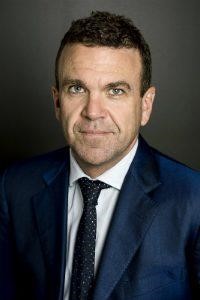
Recently Added
February 19, 2026
Statement to the United Nations: February 2026
January 22, 2026

